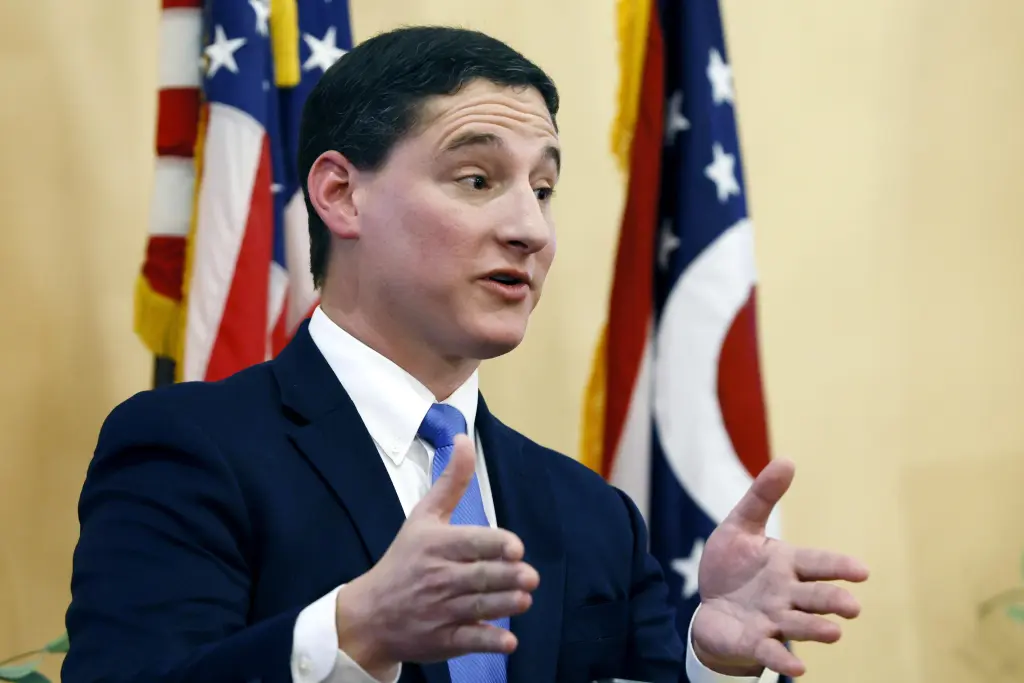Bernie Moreno, a blockchain entrepreneur, has clinched the Republican nomination for the U.S. Senate in Ohio, positioning himself against Sen. Sherrod Brown, a skeptic of the cryptocurrency industry. This election is emerging as a crucial battleground for the future of crypto regulation in the United States. Moreno’s victory introduces a dynamic challenger to Brown, the current Senate Banking Committee chairman known for his cautious stance on digital assets.
The Significance of Ohio’s Senate Race for Crypto
The Ohio Senate race is gaining attention as a pivotal contest for the cryptocurrency sector, with the potential to influence the direction of regulatory legislation in the U.S. Bernie Moreno, celebrated within the crypto community for his forward-thinking approach to blockchain technology, will face off against Sen. Sherrod Brown. Brown has been critical of the crypto industry, emphasizing the need for regulations to address fraud and protect consumers but has been perceived as a barrier to the development of comprehensive crypto legislation.
The Impact of the Election on Senate Dynamics
The outcome of this race could significantly affect the Senate’s composition and the broader legislative agenda, especially concerning digital assets. A victory for Moreno could not only lead to a change in the leadership of the Senate Banking Committee but might also shift the Senate majority to the Republicans. This change would grant the Republican Party greater control over the committees responsible for crafting and advancing crypto-related bills.
Challenges and Campaign Developments
Moreno’s campaign recently navigated through controversy after reports linked an account on a casual-sex meetup website to an email address associated with him, though this was claimed to be a joke by a former intern. Despite this, Moreno secured a dominant position in the Republican primary, demonstrating significant support among Ohio’s Republican voters.
The Broader Political Landscape for Crypto
The crypto industry is actively engaging in this election cycle, investing in congressional races nationwide to advocate for favorable regulatory conditions. While direct opposition to Brown has been limited, the industry’s broader strategy includes influencing key legislative positions and ensuring supportive candidates are elected, particularly in crucial states.
As the primary season progresses, with upcoming votes in New York and Pennsylvania, the focus remains on shaping the political landscape to favor the growth and regulation of the digital assets sector. The presidential election also looms large, with the next White House occupant holding sway over appointments that could influence the crypto industry, such as the SEC chair and the Treasury secretary. The Ohio Senate race, therefore, is not just a local contest but a significant milestone in the ongoing dialogue between the cryptocurrency industry and U.S. lawmakers.
